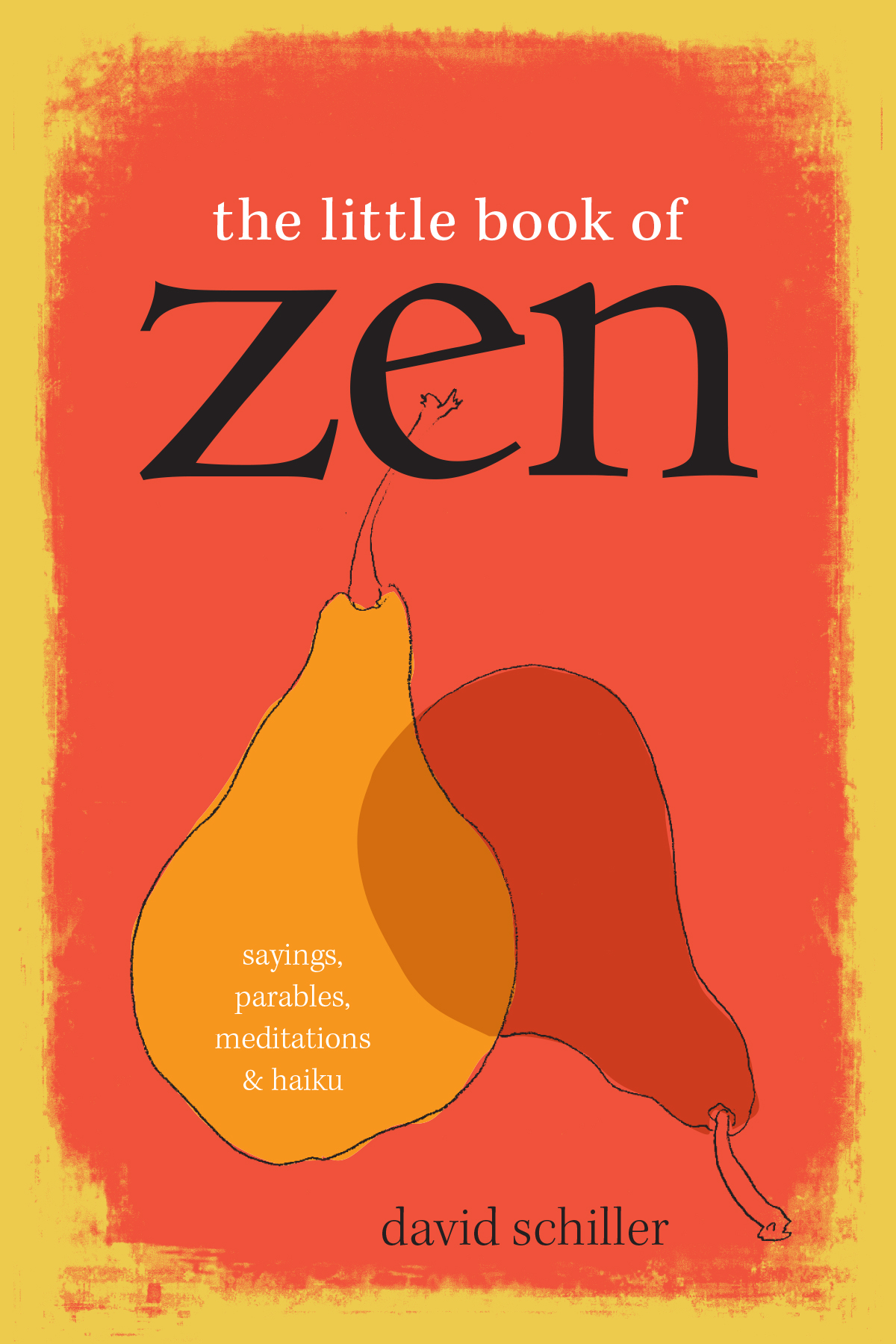 the little book of zen sayings, parables, meditations & haiku
the little book of zen sayings, parables, meditations & haiku  david schiller workman publishing new york For Quinn, Theo, Clara, and Eliana, masters for life The pears are not viols, nudes or bottles. They resemble nothing else. Wallace Stevens
david schiller workman publishing new york For Quinn, Theo, Clara, and Eliana, masters for life The pears are not viols, nudes or bottles. They resemble nothing else. Wallace Stevens 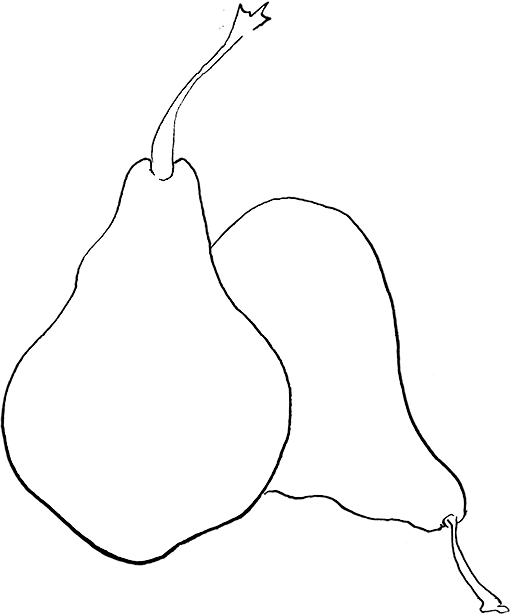
Contents
Introduction
ZEN. SUCH AN ELUSIVE LITTLE WORD. These days its typically used as a synonym for calm. When something is so zen, its spare and serene. When someones in a zen state, theyre relaxed yet focused.
Its become shorthand for mindfulness, an aspiration for a culture overwhelmed by noise and distraction. But this is only one facet of Zen and its long and rich tradition. Zen is spiritual. Zen is quirky. Its poetic, earthy, Buddhist yet universal. It is esoteric, almost indefinable, but right there for every person, no matter what they believe in, as a path toward finding real happiness and meaning in life.
It is as simple as When hungry, eat; when tired, sleep. And as consuming as the lifetime of effort it takes to understand its truths. This book doesnt presume to explain Zen, but to offer a taste of Zens way of looking at the world: where the best moment is now, where things are what they seem, and where we see with the refreshing directness of a child rather than through eyes clouded over by routine and judgment. Where the everyday is filled with wonder. The sayings, poems, dialogues, parables, and stories collected in The Little Book of Zen have been chosen for their power to suggest. There are quotes from the very masters who gave Zen its shape and from those who may never have even heard of Zen, yet whose work and life embodies its spirit (Henry David Thoreau, for example). Words on everything from the rigors of practice to making tea, from art and nature to modern physics and the stars at night, from the thingness of things to the inexpressible nature of enlightenment.
And many, many words that come with a wink. Sure, Zen is a matter of life and death. But that doesnt mean there isnt room for lightness or irreverence. Words, of course, can never be a substitute for experience. Reading about fruit just isnt the same as biting into a peach, which perfectly exemplifies Zens paradoxical relationship with language: Its essence is the wordless transmission of truth, yet millions of words have been written about it, including by its most enlightened teachers. Why? Give words time to work, including those presented here, and you might findnot the truth, but a finger pointing the way.
A HISTORICAL NOTE Zen originated in China in the sixth century bce as a meeting of Indian Buddhism with Taoism, merging the speculative with the practical, the metaphysical with the earthy. Called Chan (meditation) in China, it stressed the direct work of sitting over abstract teaching as the shortest and steepest way to realizing the Buddha-mind inherent in all of us. Two lines initially developed: the Northern school of gradual enlightenment and the eventually dominant Southern school of sudden enlightenment. Zen reached its Golden Age in the Tang and early Sung dynasties (roughly the seventh through the twelfth centuries) and arrived in Japan about 1190 ce , where the houses of Soto and Rinzai continue to flourish. The first Zen teachers came to America around 1905 ce . In the beginners mind there are many possibilities, but in the experts mind there are few.
Shunry Suzuki Before a person studies Zen, mountains are mountains and waters are waters; after a first glimpse into the truth of Zen, mountains are no longer mountains and waters are not waters; after enlightenment, mountains are once again mountains and waters once again waters. Zen saying Im not young enough to know everything. J. M. Barrie  The birds always find their way to their nests. The river always finds its way to the ocean.
The birds always find their way to their nests. The river always finds its way to the ocean.
Zen proverb 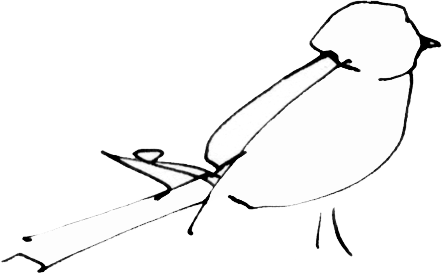 We already have everything we need. Pema Chdrn Good pitching will always stop good hitting, and vice versa. Casey Stengel I am going to pose a question, King Milinda said to Venerable Nagasena. Can you answer? Nagasena said, Please ask your question. The king said, I have already asked. Nagasena said, I have already answered.
We already have everything we need. Pema Chdrn Good pitching will always stop good hitting, and vice versa. Casey Stengel I am going to pose a question, King Milinda said to Venerable Nagasena. Can you answer? Nagasena said, Please ask your question. The king said, I have already asked. Nagasena said, I have already answered.
The king said, What did you answer? Nagasena said, What did you ask? The king said, I asked nothing. Nagasena said, I answered nothing. Zen mondo If you have to ask what jazz is, youll never know. Louis Armstrong 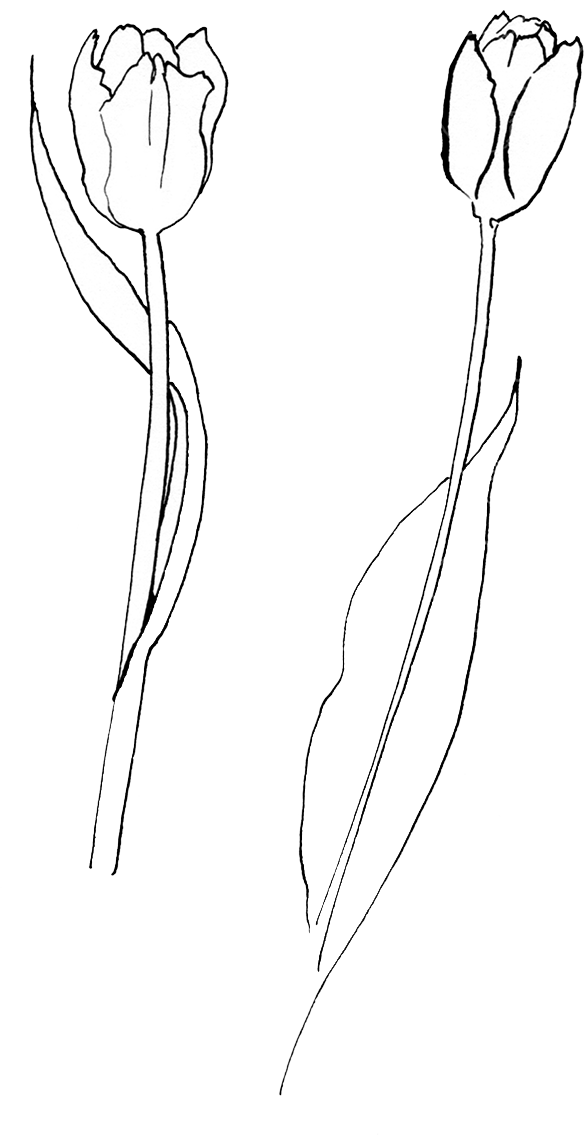 The tao that can be told is not the eternal Tao. The name that can be named is not the eternal Name. Tao Te Ching After taking the high seat to preach to the assembly, Fa-yen raised his hand and pointed to the bamboo blinds.
The tao that can be told is not the eternal Tao. The name that can be named is not the eternal Name. Tao Te Ching After taking the high seat to preach to the assembly, Fa-yen raised his hand and pointed to the bamboo blinds.
Two monks went over and rolled them up in the same way. Fa-yen said, One gains, one loses. Zen koan The thing about Zen is that it pushes contradictions to their ultimate limit where one has to choose between madness and innocence. And Zen suggests that we may be driving toward one or the other on a cosmic scale. Driving toward them because, one way or the other, as madmen or innocents, we are already there. It might be good to open our eyes and see.
Thomas Merton
The Koan
Perhaps no aspect of Zen is as puzzling and yet intriguing to Westerners as the koan. Or as misunderstood. A koan is not a riddle, nor is it a paradox designed to shock the mind. Instead, it is an integral part of a system honed over centuries to help bring the student to a direct realization of ultimate reality. Taken from the Japanese
ko (public) and
an (proposition), the koan can be a question, an excerpt from the sutras, an episode in the life of an ancient Master, a word exchanged in a mondo, or any other fragment of teaching. There are some 1,700 traditional koans in existence.
Koan practice begins when the Master assigns a classic first koan like MuChao-chous reply to the monk who asked him, Has the dog Buddha-nature or not? It may literally take years of living with Mu before a student truly understands it. But afterward, the next koansand there may be as many as 500 of them, in five progressive stagesare often answered in rapid succession. The great Japanese Master Hakuin wrote, If you take up one koan and investigate it unceasingly, your mind will die and your will will be destroyed. It is as though a vast, empty abyss lay before you, with no place to set your hands and feet. You face death and your bosom feels as though it were on fire. Then suddenly you are one with the koan, and body and mind are cast off....
This is known as seeing into ones nature. The bad news is that youre falling through air, nothing to hang on to, no parachute. The good news is theres no ground. Chgyam Trungpa Rinpoche Wakuan complained when he saw a picture of bearded Bodhidharma, Why hasnt that fellow a beard? Zen koan But the Emperor has nothing on at all! cried a little child. Hans Christian Andersen 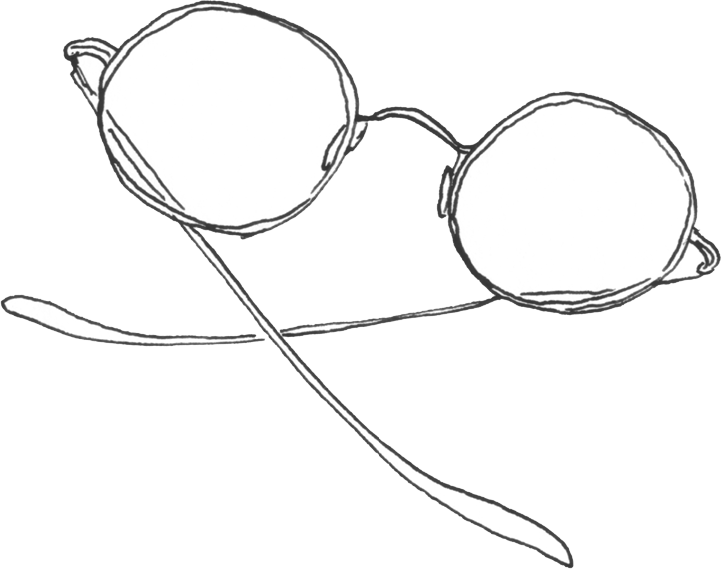




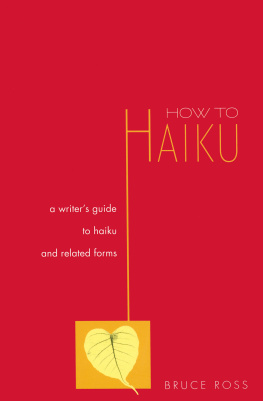
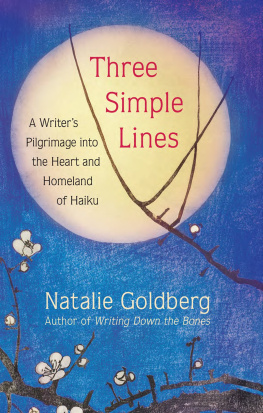

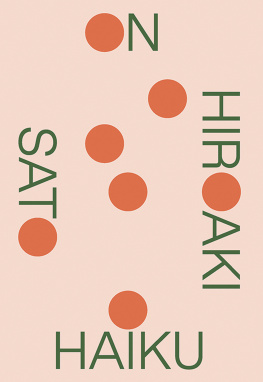

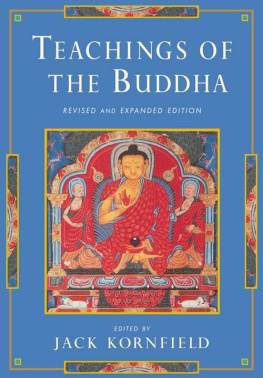


 the little book of zen sayings, parables, meditations & haiku
the little book of zen sayings, parables, meditations & haiku  david schiller workman publishing new york For Quinn, Theo, Clara, and Eliana, masters for life The pears are not viols, nudes or bottles. They resemble nothing else. Wallace Stevens
david schiller workman publishing new york For Quinn, Theo, Clara, and Eliana, masters for life The pears are not viols, nudes or bottles. They resemble nothing else. Wallace Stevens 
 The birds always find their way to their nests. The river always finds its way to the ocean.
The birds always find their way to their nests. The river always finds its way to the ocean. We already have everything we need. Pema Chdrn Good pitching will always stop good hitting, and vice versa. Casey Stengel I am going to pose a question, King Milinda said to Venerable Nagasena. Can you answer? Nagasena said, Please ask your question. The king said, I have already asked. Nagasena said, I have already answered.
We already have everything we need. Pema Chdrn Good pitching will always stop good hitting, and vice versa. Casey Stengel I am going to pose a question, King Milinda said to Venerable Nagasena. Can you answer? Nagasena said, Please ask your question. The king said, I have already asked. Nagasena said, I have already answered. The tao that can be told is not the eternal Tao. The name that can be named is not the eternal Name. Tao Te Ching After taking the high seat to preach to the assembly, Fa-yen raised his hand and pointed to the bamboo blinds.
The tao that can be told is not the eternal Tao. The name that can be named is not the eternal Name. Tao Te Ching After taking the high seat to preach to the assembly, Fa-yen raised his hand and pointed to the bamboo blinds.